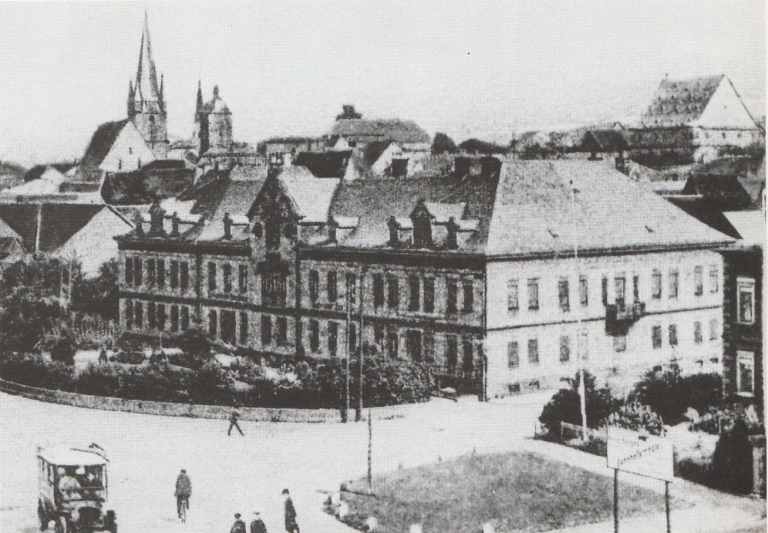Authors: Paul Dörrzapf, Bastian Girschke

|
The Pauson estate; © Stadt Lichtenfels |
The corner house in neo-Gothic style, located in Bahnhofstraße 14, is now the Lichtenfels office of the local “Obermain Tagblatt” newspaper and houses a doctor's practice. However, it is also known as the "Pausonhaus".
The brothers Adolf and Pankraz Pauson, sons of the Redwitz basket manufacturer Salomon Pauson, purchased the property in 1880 for 30,000 marks from Andreas Hetz, a brewer and landlord, three years after they, just like many other Jewish citizens, had moved to the city. The location directly opposite the train station was very favorable for the supra-regionally orientated trading house. As early as 1882, the company erected today's Pauson House as a new building.
The basketry industry in Lichtenfels owes its emergence mainly to Jewish citizens who were already active as basket weavers here at the beginning of the 19th century and decisively shaped the transition to mass production, also by means of home work, as well as sales nationwide and internationally. The names Bamberger, Kohn, Zinn and Pauson were known throughout Europe and beyond.
In 1907, the company of the "Pauson Brothers" was entered in the commercial register. Adolf Pauson soon withdrew from the business and moved to Munich. He died in 1914 and his brother Pankraz managed the company until his death three years later. His wife Rosa, dubbed the "basket maker's widow," took over until 1920. Rosa also converted the company into a general partnership and enabled the company to grow steadily throughout the 1920s.
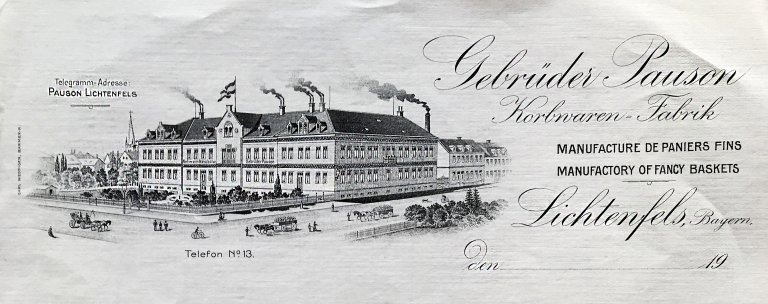 |
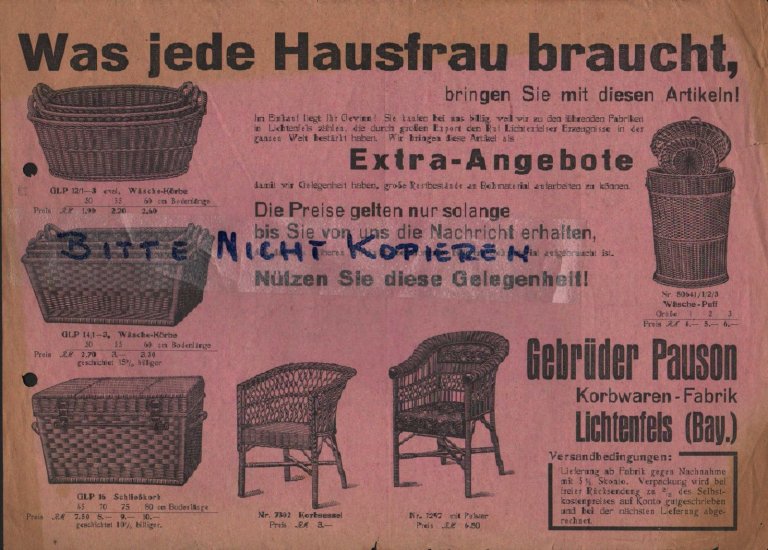 |
|
Company letterhead © Pauson family
|
Advertising brochure © Korbmuseum Michelau |
In 1920, Robert Pauson, Pankraz's son, became a new partner and, together with his brother Stefan, managed the fortunes of the successful business. After the early death of his wife Annemarie Bing-Pauson, Stefan lived in Bamberg with his second wife Dr. Helene (née) Herzfelder. The internationally oriented trading house expanded and prospered in the twenties.
After flourishing business years, the company was liquidated in 1938 under National Socialist rule and the building was passed to the city of Lichtenfels until the end of the war.
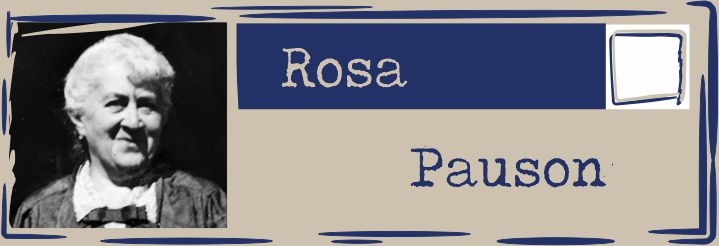 |
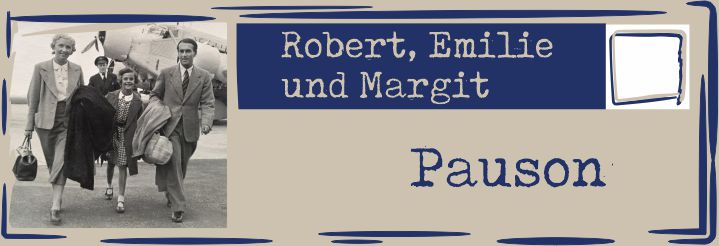 |
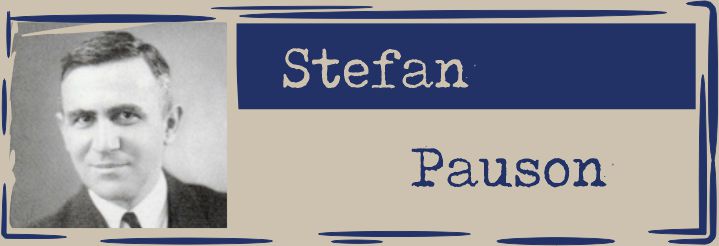 |
||
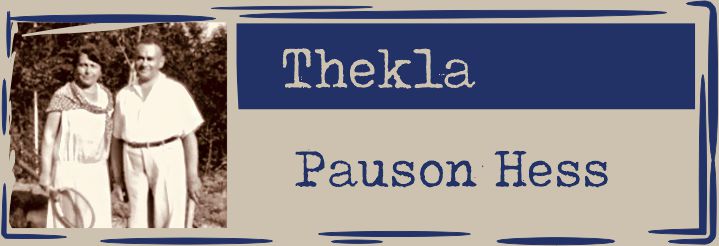 |

